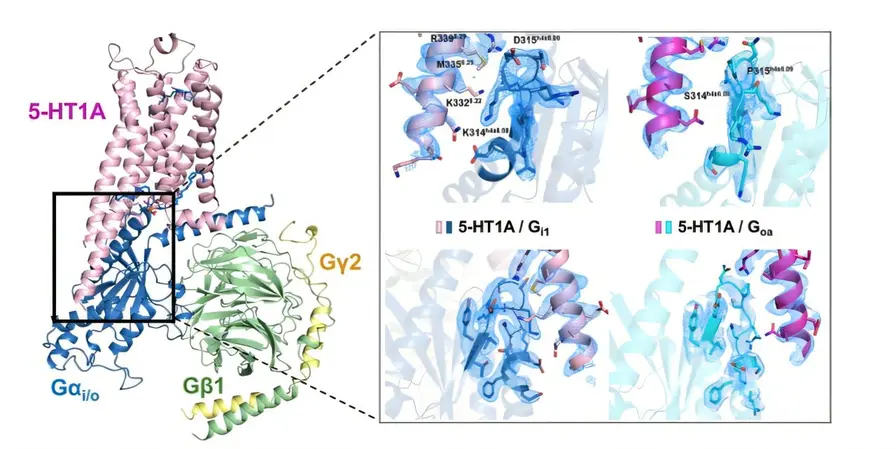T4K3.news
Study reveals secrets of SuperAgers' brains
Research shows how SuperAgers maintain cognitive sharpness into their 80s.
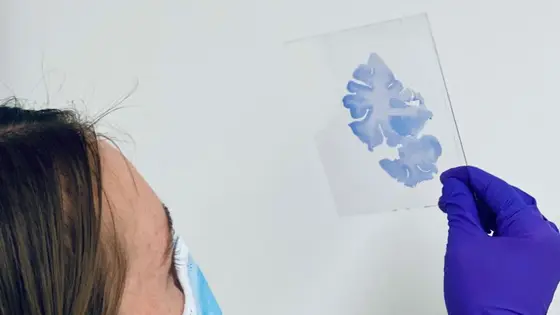
New research explores why some individuals, known as SuperAgers, retain cognitive sharpness well into their 80s.
SuperAgers maintain youthful brains into old age
Recent findings highlight a special group of individuals known as SuperAgers, who maintain remarkable cognitive abilities well into their 80s. A study led by Tamar Gefen at Northwestern University analyzed the brain tissue of these SuperAgers, revealing significant structural advantages compared to their peers. SuperAgers have thicker areas in the brain associated with attention and motivation, along with far fewer signs of Alzheimer’s-related damage, such as tau protein tangles. Surprisingly, these SuperAgers also display diverse health profiles, with some engaging in unhealthy habits while still exhibiting mental sharpness. Their active social lives and independence play crucial roles in their cognitive health, suggesting a complex interplay between lifestyle and brain resilience.
Key Takeaways
"SuperAgers seem to be highly social people."
This highlights the importance of social ties in maintaining cognitive health.
"We found SuperAgers have three times fewer tau tangles compared to their peers."
This statistic underscores the potential for resilience in aging brains.
"Successful aging is not just about sociability; it’s about feeling autonomous."
Gefen emphasizes the importance of personal agency in healthy aging.
"It’s going to take many teams and many specialists to create a personalized cocktail for prevention."
Gefen discusses the complex future of Alzheimer's treatments.
The research on SuperAgers opens doors to understanding how some individuals defy the typical cognitive decline associated with aging. While genetics undoubtedly influence brain health, the findings suggest that environmental factors, such as social engagement and mental stimulation, might play an equally significant role. This challenges the notion that aging inevitably means cognitive loss. Promoting active social lives and community involvement could be vital strategies for enhancing brain health as we age.
Highlights
- SuperAgers rewrite the aging narrative, proving that age is just a number.
- Cognitive sharpness does not have to fade with age, as SuperAgers show.
- Social engagement is a protective factor against cognitive decline.
- Perhaps the secret to aging gracefully lies in the connections we keep.
Research on aging and cognitive health involves sensitive health implications
Studies examining brain health and mental acuity may raise awareness about Alzheimer's and related diseases. There can be public concern around aging and cognitive decline, especially regarding how to maintain mental health in older age.
As research continues, there is hope for understanding and promoting healthy aging.
Enjoyed this? Let your friends know!
Related News
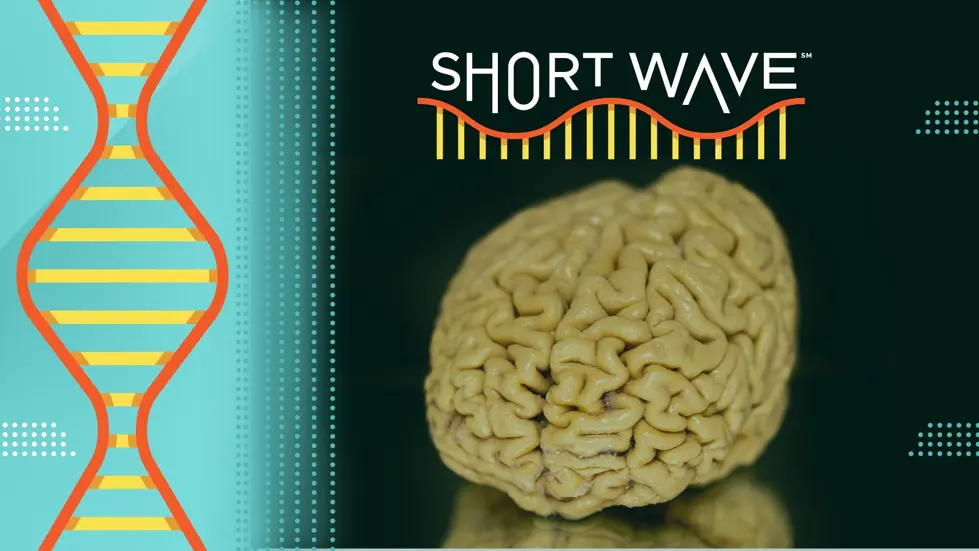
SuperAgers memory secrets revealed
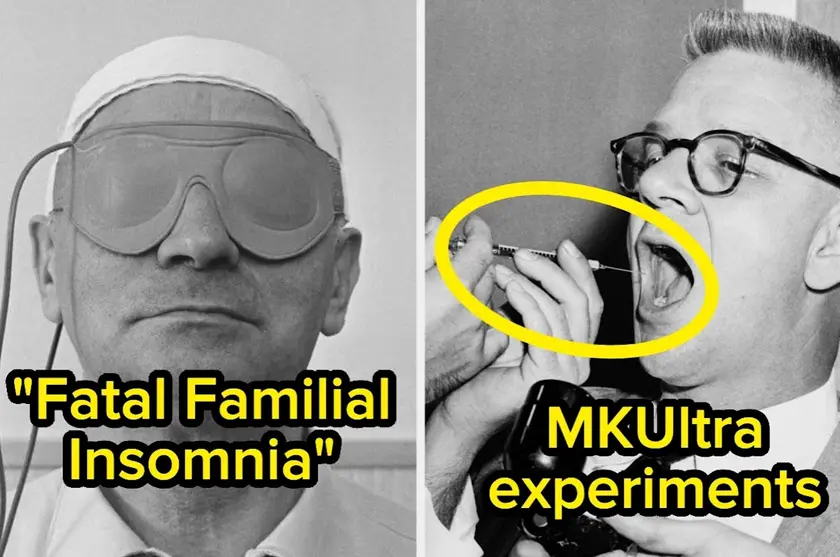
Revealing unethical medical experiments
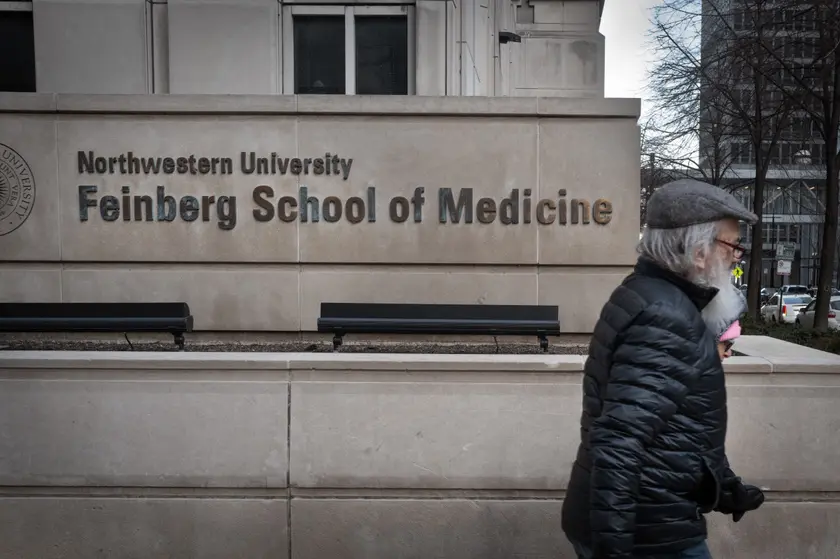
SuperAgers Show Slower Brain Aging
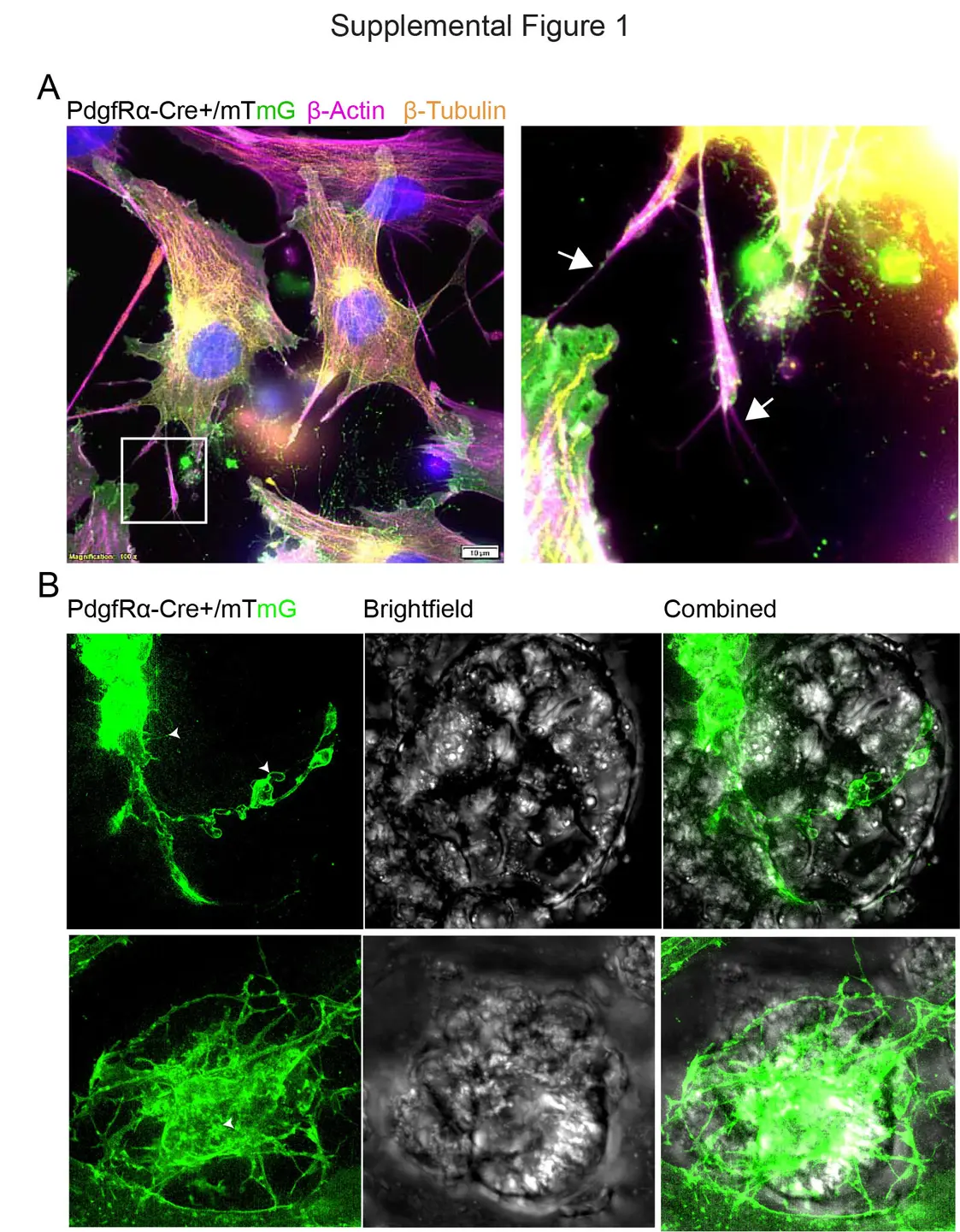
Gut cells discovered to communicate like neurons
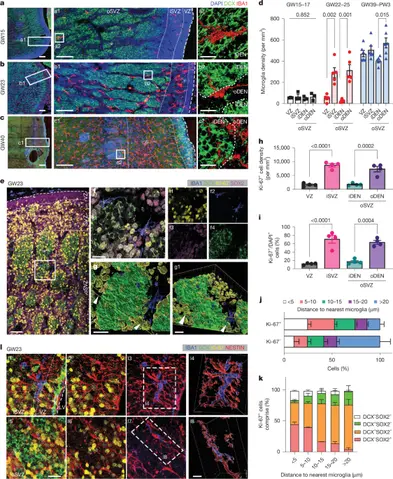
Study reveals microglia regulate GABAergic neurogenesis
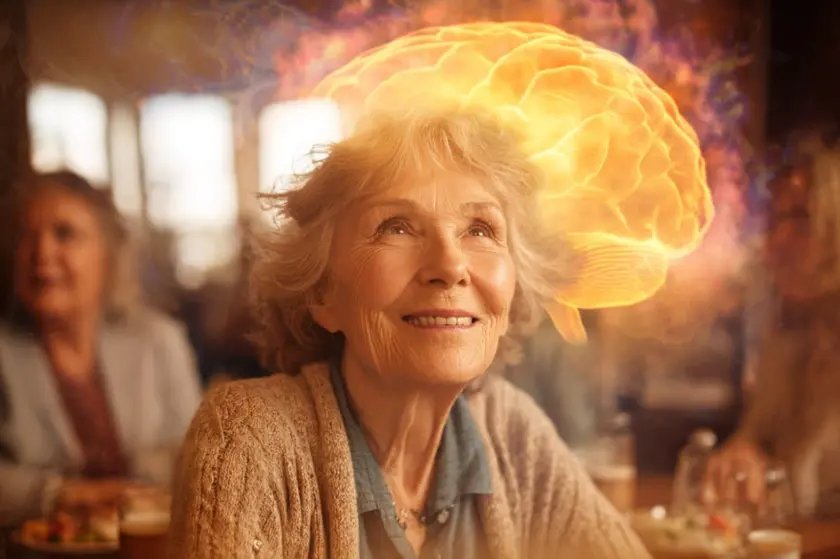
SuperAgers defy aging myths

New study highlights brain's role in social emotions
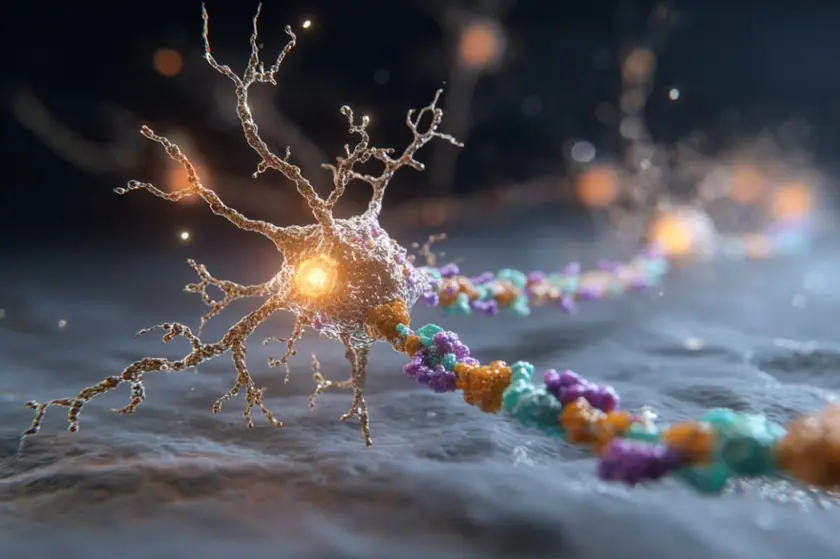
New study reveals secrets of mood regulation receptors
